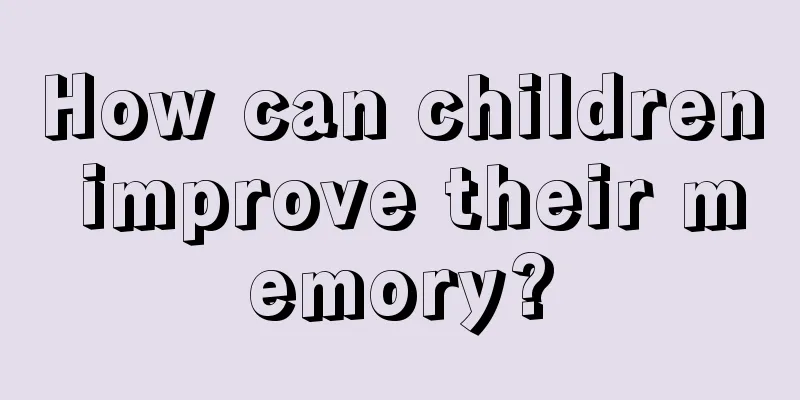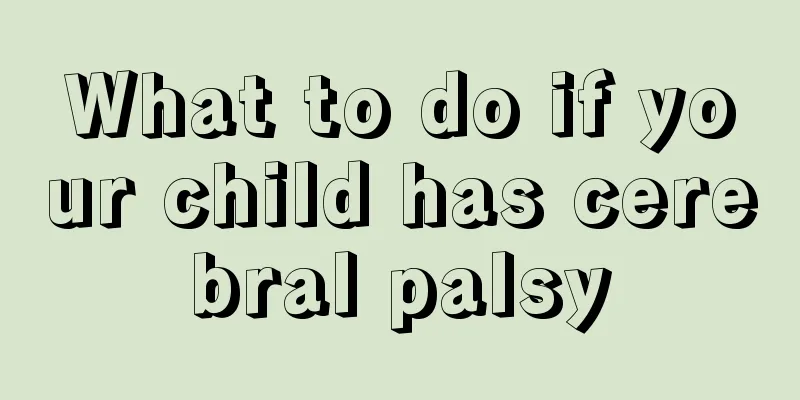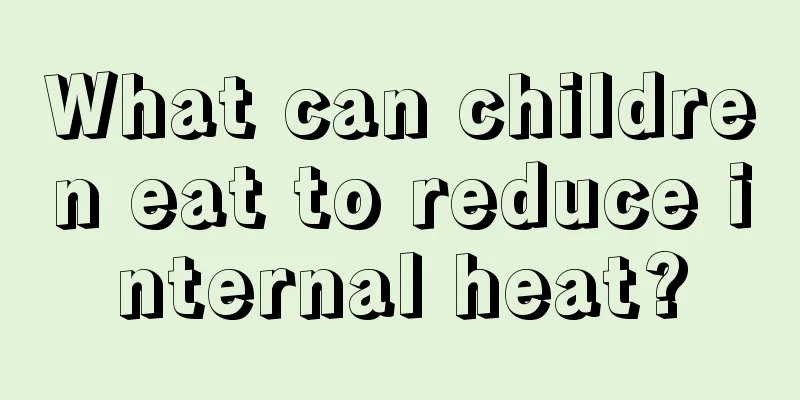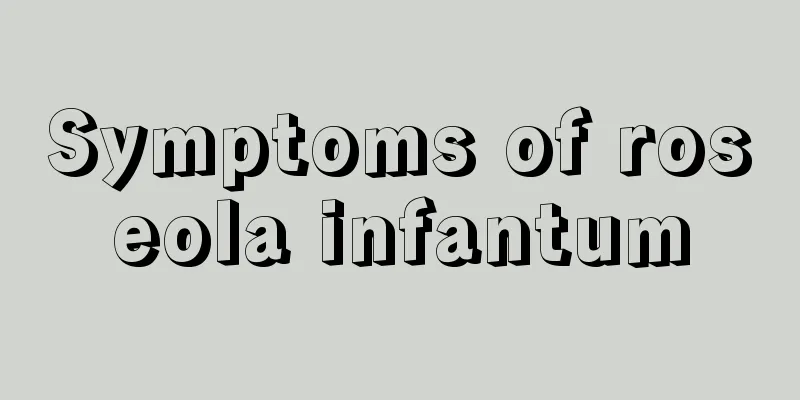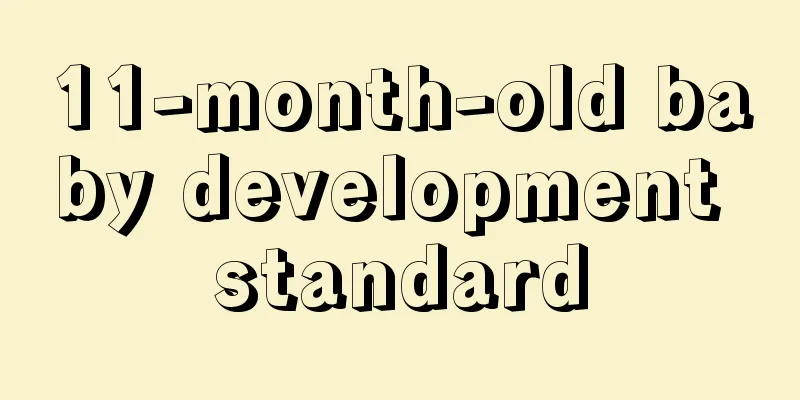What are the symptoms of severe pneumonia in children?
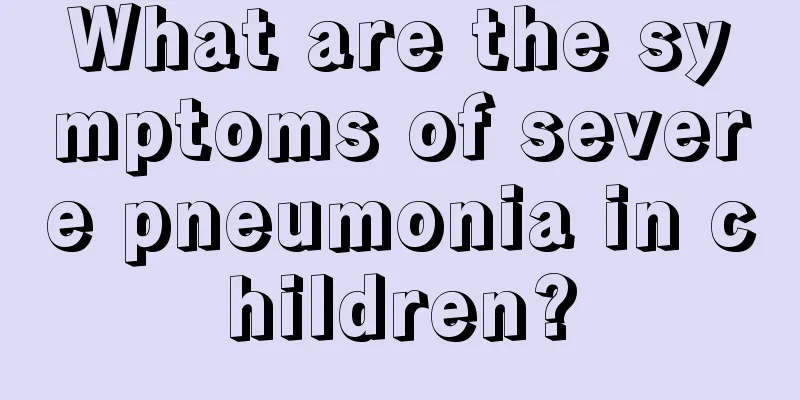
|
Because infants and young children are relatively young, their body resistance is very weak. Every time the seasons change, they always suffer from some physical diseases due to changes in the external environment. Sometimes coughing is caused by a cold. If it is not treated in time, the coughing for a long time will cause pneumonia, especially severe pneumonia, which is very worrying. However, many parents don’t know much about this disease. So what are the symptoms of severe pneumonia in children? In addition to severe involvement of the respiratory system, severe pneumonia can also affect the circulatory, nervous, and digestive systems, resulting in corresponding clinical manifestations: (1) Respiratory failure: The early symptoms are the same as those of pneumonia. Once the respiratory rate slows down or neurological symptoms occur, respiratory failure should be considered and blood gas analysis should be performed in time. (2) Circulatory system: Heart failure is common in children with severe pneumonia, manifested by: ① The breathing rate suddenly increases to more than 60 times/min. ②The heart rate suddenly increases to >160-180 beats/min. ③Sudden onset of extreme irritability and restlessness, obvious cyanosis, gray complexion, and prolonged filling time of the nail capillaries. ④The heart sounds are dull, gallop rhythm, and the jugular veins are distended. ⑤The liver enlarges significantly or rapidly in a short period of time. ⑥ Oliguria or anuria, edema of the face, eyelids or lower limbs. If the above symptoms cannot be explained by other reasons, heart failure should be considered. Fullness of the small vein network at the fingertips, or edema of the face and limbs, are signs of congestive heart failure. Sometimes the limbs are cold, the area around the mouth is grayish, and the pulse is weak, which indicates peripheral circulatory failure. The vast majority of severe pneumonia is caused by bacterial infection or mixed infection and requires treatment with antibiotics. Most severe pneumonia is caused by viruses. If severe pneumonia occurs, it is very necessary to take the child to a professional hospital for treatment in time. If it is not treated in time, severe pneumonia will cause respiratory failure in the child, rapid enlargement of the liver, circulatory system disorders, and even life-threatening situations, so timely treatment is critical. |
<<: What should I do if my child has congenital heart disease, ventricular septal defect?
>>: What fruits should children with tracheitis eat?
Recommend
What should I do if my child has ear pain in the middle of the night?
Because children are in the stage of growth and d...
How to prevent baby's cough and sore throat
Cough and sore throat are usually caused by colds...
How to treat peeling fingers in children
Some children have problems with their palms, so ...
What should we pay attention to when it comes to the food intake standards for newborns?
Some newborns have serious physical problems, esp...
The reason why babies fart a lot
Parents think it's fun when babies fart occas...
Treatment of enlarged adenoids in children
It is said that children are the hope of the moth...
What to do if a child has enlarged nasal conchae
There is probably only one child in every family ...
Black teeth on children's teeth?
Babies' teeth are generally very fragile. If ...
What is the normal temperature of a newborn baby?
When caring for newborns, it must be comprehensiv...
What can children eat to supplement vitamins?
Because our bodies need enough vitamins every day...
What are the treatment guidelines for Pseudomonas aeruginosa?
Pseudomonas aeruginosa is a treatment issue that ...
What is the treatment for children with intellectual disability?
Many parents like geniuses, but not every child i...
What should I do if my child’s thumb turns inward?
Parents often find that their children's thum...
How long should I be observed after vaccination?
I believe that parents who have given their babie...
What to do if children's hands peel
As we all know, children are the group that carri...

